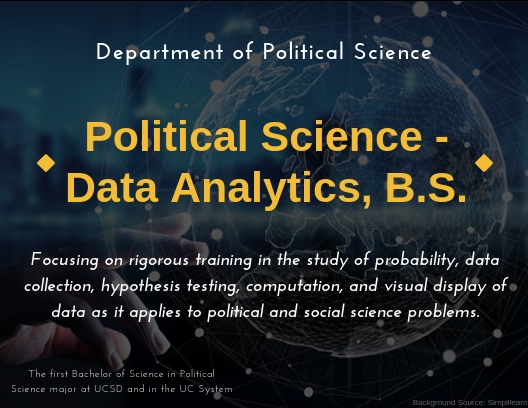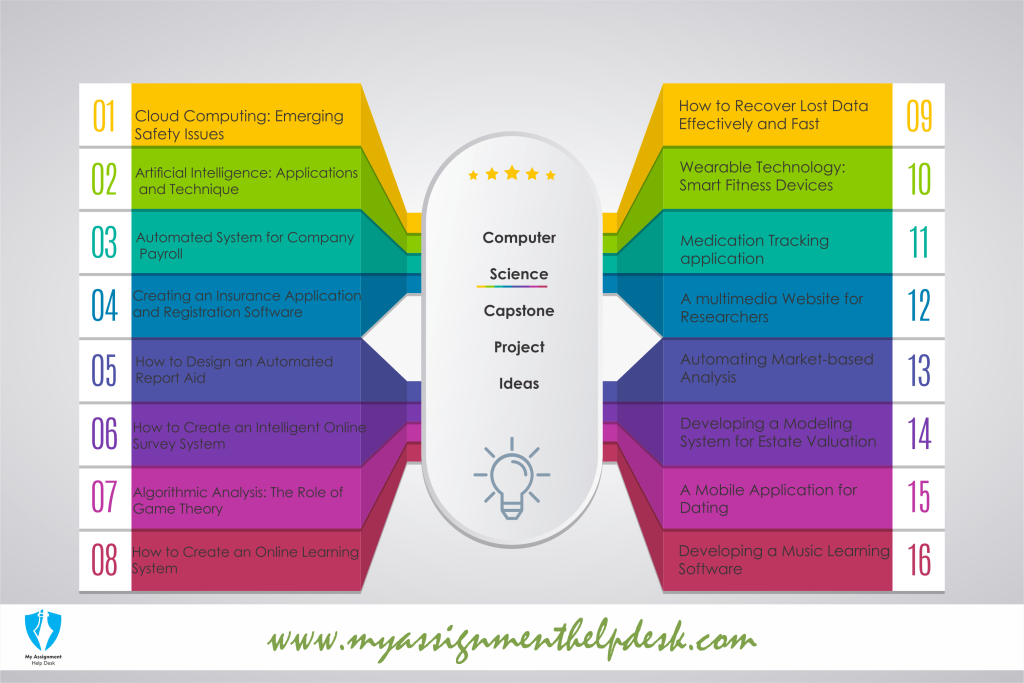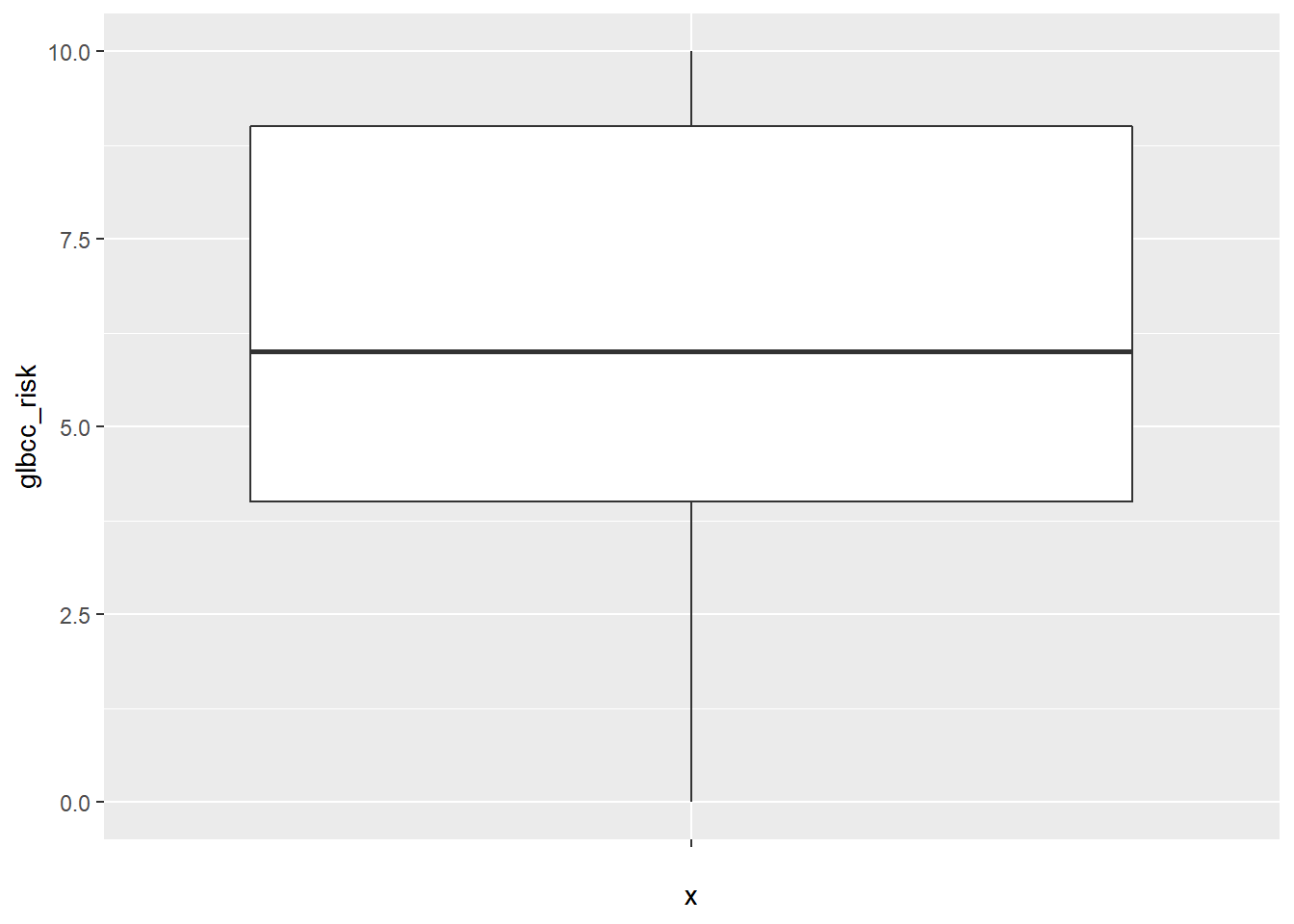

Computer scientists can provide the tools to gather and store data, statisticians the methods to analyze data, but it takes social scientists to ensure that each is done with attention to a number of potential issues unique to political data. If the big data is political, and so much of it is today, it will require scholars with training in social science methodology to move us forward. We are, at the very least, keenly aware of the potential for particular errors in the collection and analysis of social and political data. On the contrary, social scientists have a long history of working with a variety of data, especially messy observational data of human behavior and opinions, and thinking through causal processes in political contexts. For example, it is too easy with big data to confuse correlation with causation, a problem we frequently see when general data scientists jump into political questions without strong theoretical groundings and deep knowledge of institutional rules, relevant historical events, and political psychology. Social scientists are particularly well suited to understand the promises and pitfalls of big data. The world of big data is replete with hidden dangers. Of course, the increasing presence of big data and our ability to collect it do not by themselves lead to a greater understanding of politics.

In short, it is clear that big data has the potential to provide a number of opportunities for social scientists to improve their measures of political events, actors, and activities. Such big data from news media can illuminate salient political events and important issues,and the development of each. Most recently, the move toward online formats and distribution allow for engaging readers in their preferred environment, receiving and responding to the public’s comments, and digitally archiving their articles. The news media, an indispensable component of our democracy, has seen a number of changes over the years.
Political science data analysis programs full#
Gathering the full gamut of elite communication and activities may provide a better understanding of where elites stand on issues, their political agendas, any unethical behavior, and how public policy comes into effect. This holds for the public as much as it does for politicians and other elites, whose expertise, insider knowledge, advertisements, schedules, communications, and scholarship are recorded and disseminated through a myriad of channels on a host of media. Likewise, seeing how individuals in a society are networked may lead to richer understandings of the diffusion of (mis)information and motivations for political participation. That the thoughts and reactions of unprecedentedly large swaths of the public to political and economic events are available like never before means that our ability to understand public opinion may benefit. The digital age has opened up a number of avenues for us to glean insights into these actors and further our research on related questions.Ĭonsider what it means that our own communications on the phone, email, blogs and social media can be and are recorded for analysis. This combination of big data and access to it holds great promise for learning about politics.Īs social scientists concerned with government and political behavior, our collective knowledge depends on the analysis of the various actors who play roles in the political system, particularly politicians, but also economic elites, news media, and the general public. Moreover, we have the ability to collect and analyze this data like never before. They pertain to a myriad of political, social and economic activities, arrive with great frequency, and exist in vast quantities.

Undergraduate Political Science Association (UPSA).Messages to Our Students in the Current Moment.


 0 kommentar(er)
0 kommentar(er)
